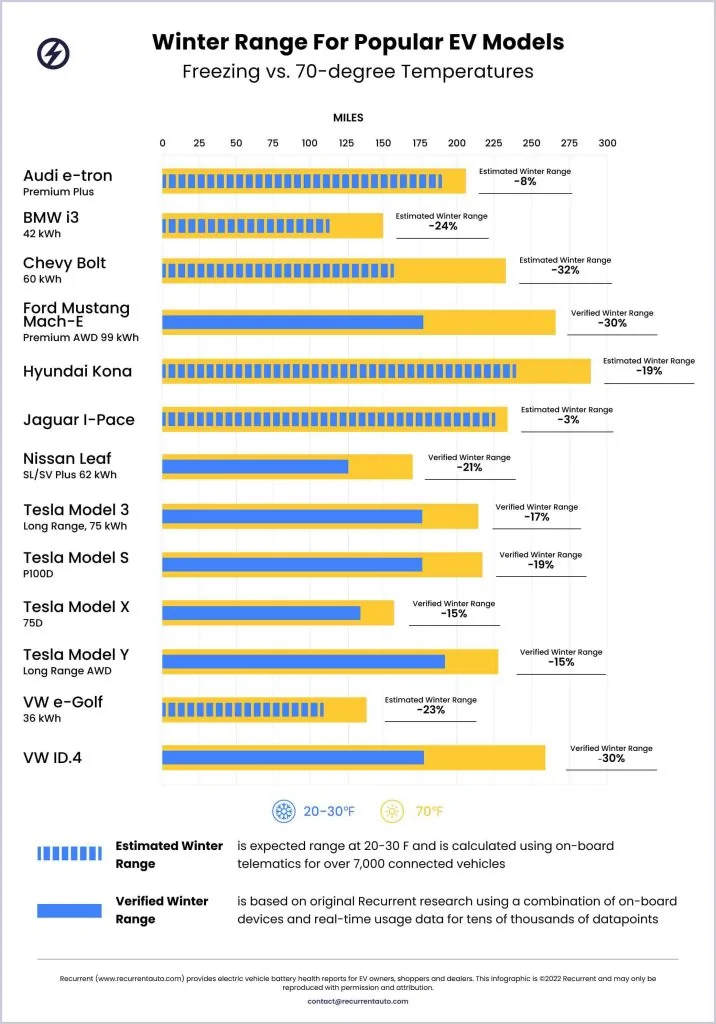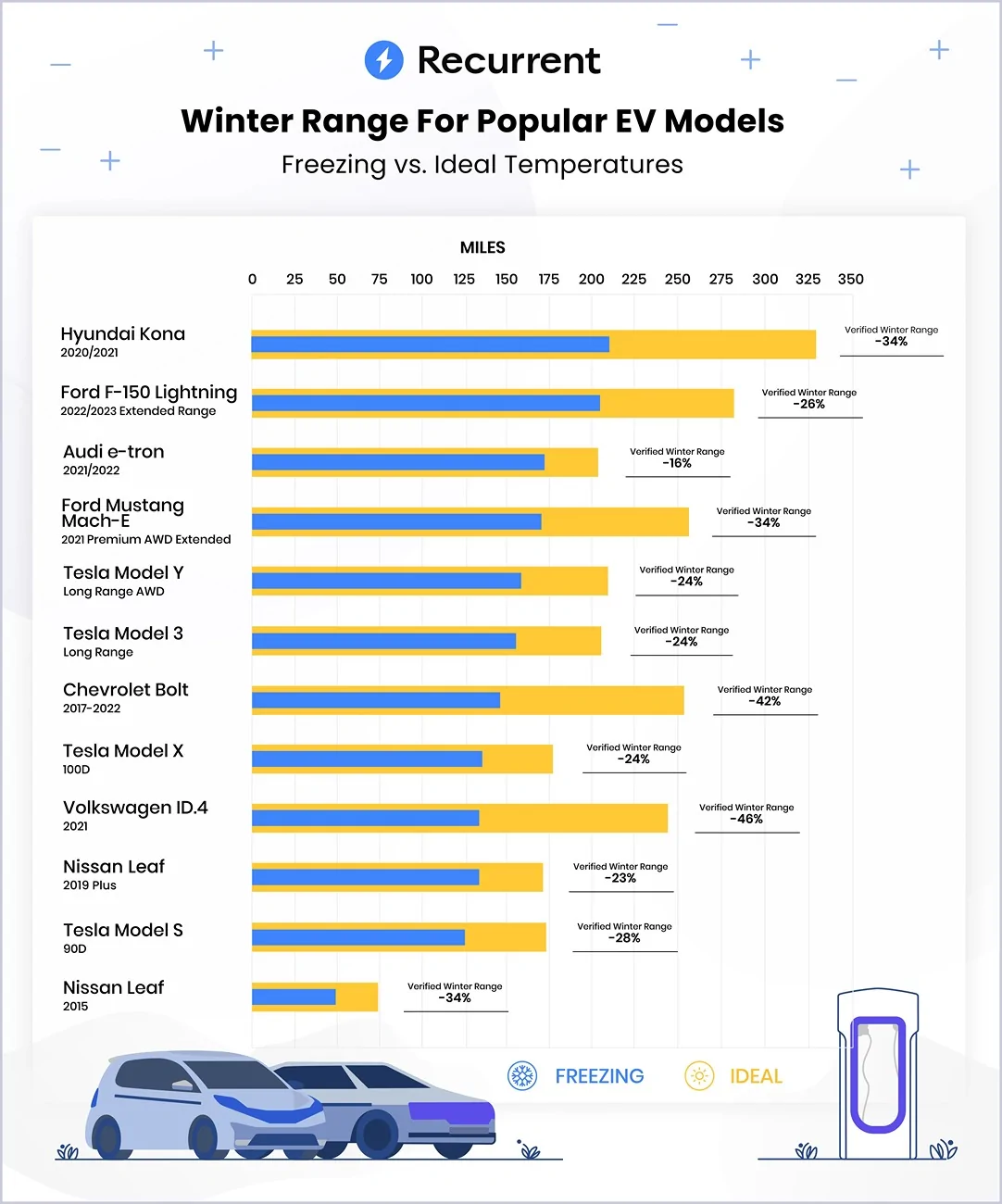AKrietzer
Well-Known Member
- Thread starter
- #1
As a new - first time -;(not yet- ) EV owner what do I need to know about batteries?
I am currently having to replace a 4 or so year old battery in a 2011 Hyundai Sonata, on it:s second battery, less than 4 years on this battery. My 2012 Tundra is on battery #2, my 2003 Tundra lasted over 10 years. How long should I expect my main (not 12 volt) batteries to last? I know EVs generally have an 80,000 mile warranty.
I am currently having to replace a 4 or so year old battery in a 2011 Hyundai Sonata, on it:s second battery, less than 4 years on this battery. My 2012 Tundra is on battery #2, my 2003 Tundra lasted over 10 years. How long should I expect my main (not 12 volt) batteries to last? I know EVs generally have an 80,000 mile warranty.


